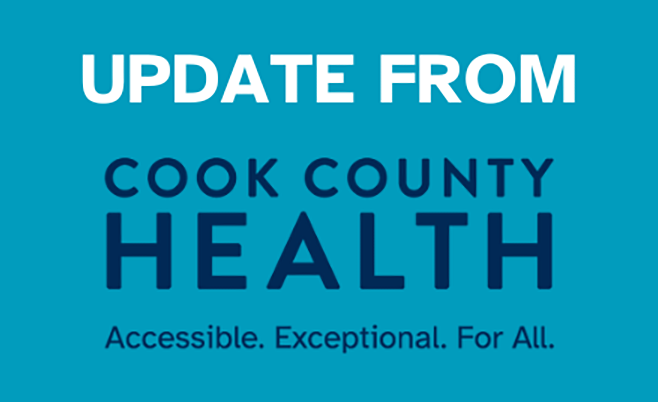Keep your eyes to the skies this Fourth of July and your hands off fireworks. That’s the best advice to reduce your risk of injury during this extended holiday weekend.
“Do not underestimate the dangers of fireworks,” said Dr. Stathis Poulakidas, Chair of Burn and Wound Services at John H. Stroger Jr. Hospital “Fireworks can cause life-altering injuries, including severe burns, eye injuries, loss of limbs and even death.”
According to the Consumer Product Safety Commission, more than 10,000 fireworks-related injuries are treated in U.S. hospital emergency departments each year, with at least 67 percent occurring in the month around the July 4th holiday.
“Due to the immense explosive power of fireworks, the severity of firework injuries has been increasing. We’ve seen more severe injuries to the hands, including cases were fingers and hands are actually blown apart,” said Dr. Poulakidas.
Fireworks are illegal in Illinois. However, because novelty fireworks, such as sparklers and smoke bombs are exempt from the law, some people may be under the impression these are safe. Dr. Poulakidas says they aren’t.
“Sparklers burn at over 1,800 degrees Fahrenheit and can cause severe burns to the skin or may ignite clothing,” said Dr. Poulakidas.
If a burn does occur this holiday season, quickly assess the severity.
- A first-degree burn has the intensity of a mild sunburn and should be treated with lukewarm water and covered with a sterile, dry dressing. Do not put ice on a burn as extreme cold may cause additional damage to the skin. Follow-up with a physician.
- A second-degree burn destroys the outermost layer of the skin (the epidermis) and extends into the second layer (the dermis). These burns cause blistering and can be the most painful. Run the affected area under lukewarm water for 10 minutes. Cover the area in a moist, sterile dressing. If the burn is larger than the victim’s palm, seek immediate medical attention.
- A third-degree burn always requires medical attention. This level of burn destroys both the epidermis and the dermis, and often causes permanent tissue and nerve damage. The first and most important thing to do is call 911. Remove singed clothing and seek medical attention immediately. Don’t immerse large burns in cold water as it may trigger shock.
In addition to leaving the fireworks shows to the professionals, Dr. Poulakidas also advises avoiding alcohol over the holiday.
“Drinking alcohol during fireworks season exponentially increases the risk of injury due to bad judgment, slowed response time and risk-taking,” said Dr. Poulakidas.
By taking a few extra precautions this July 4th, you are sure to make it a safer and more enjoyable holiday for yourself, your family and your friends.
Contact:
Kim Waterman, Communications Manager
312.864.3912 (o)
312.405.7474 (c)
[email protected]

